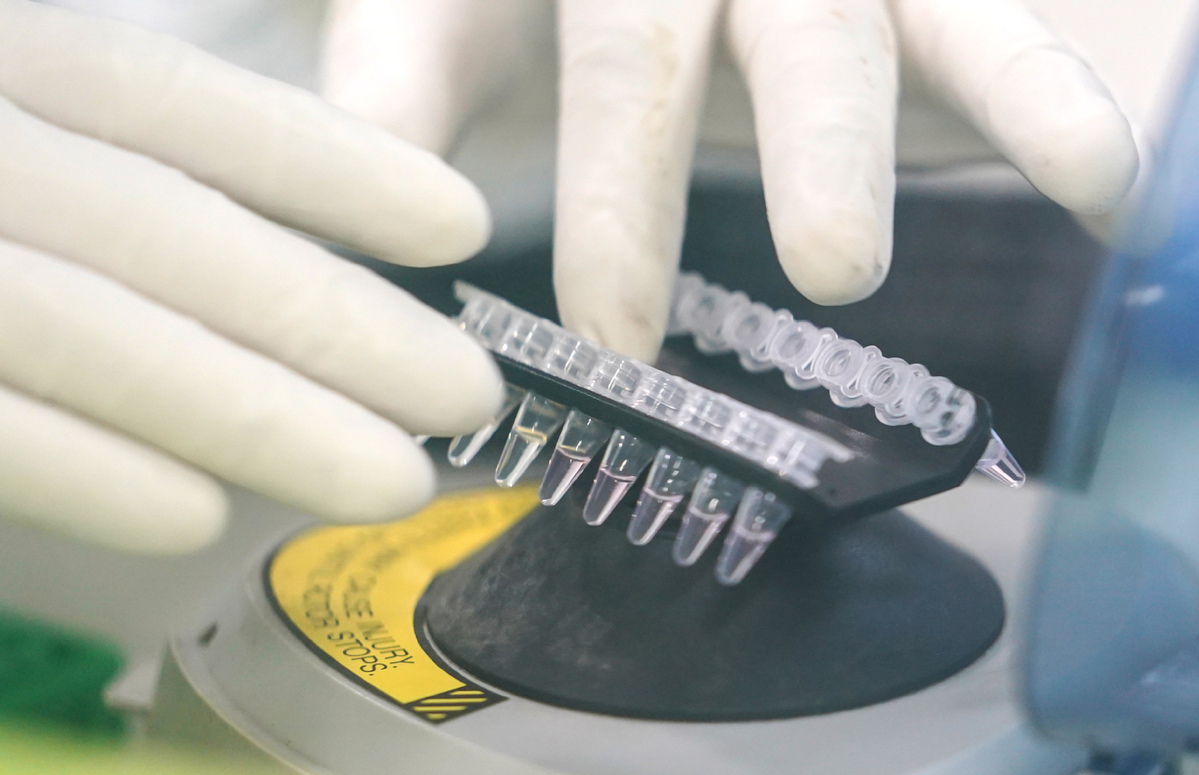SARS-like coronavirus could jump from bats to humans in future: Scientist


The SARS-CoV-2, the virus responsible for the COVID-19 epidemic, has been proved to come from nature, but there is a chance that a similar SARS-like coronavirus from bats would jump species and possibly infect humans, a Chinese scientist said.
The PRRA gene that some suspected was genetically engineered into the novel coronavirus also was found to exist in other bat-carrying coronaviruses, Shi Zhengli, a noted coronavirus expert and a researcher from the Institute of Virology of the Chinese Academy of Sciences, said in an online lecture on Monday.
The World Health Organization said in a situation report last month that the novel coronavirus' genetic sequence was 96 percent identical to the SARS-like coronavirus strain BatCov RaTG13 that originated from bats. As a result, scientists believed bats to be the natural carrier of the new virus, but the intermediary hosts between bats and humans are still being investigated.
After reports of a viral outbreak broke in late December, Shi said, the Huanan Seafood Market, a wet market that experts speculated to be the source of the virus, was closed and that prevented scientists from collecting important samples directly from the wild animals.
So scientists have been relying on secondhand information, such as which animals confirmed patients said they had been in contact with, and what was being sold in the market.
But these approaches are inherently inconclusive, and scientists may have to venture into natural bat habitats, such as caves in Southwest China's Yunnan province, to find the true source, like they did for the SARS virus back in 2016, she said.
As for whether a similar coronavirus outbreak could occur in the future, Shi said they found that people who are in close contact with bats have antibodies in their system against bat-carrying SARS-like coronaviruses. These people are healthy and showed no symptoms of infections.
This means that it is possible for humans to attract coronavirus directly from bats, but the chance is relatively low as their immune system could handle the pathogen, she said.
However, Shi stressed that the SARS-like coronaviruses are the most infectious of the 12 types of bat-carrying coronaviruses that her team has studied.
- Multiple injured rescued after factory explosion in China's Baotou
- Beijing activates emergency responses to ensure safety
- Beijing witnesses snowfall
- Tongji University's Wu Jiang assumes presidency of architects' Asia council
- PLA carries out drone training operations near Dongsha Islands
- PLA monitors US naval vessels transiting the Taiwan Strait




































